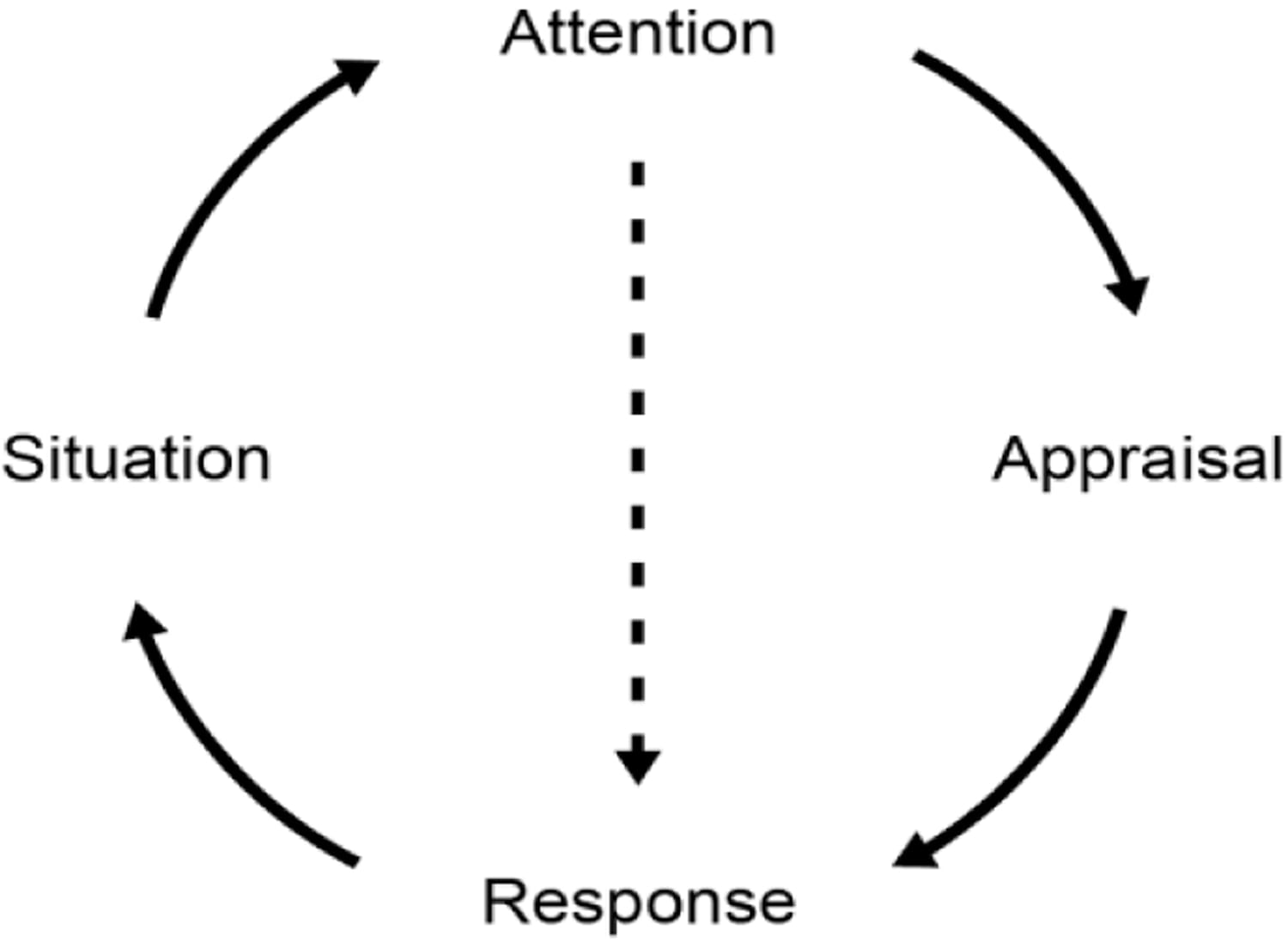Getting What You Want and Being Nice While Doing It
Isn't it just the worst when people refuse to listen to you?
Stubbornness is a very common trait across age, gender, race, culture... And it makes sense that it is! After all, it would take a very strange kind of person to do things without any conviction. From their own perspective, few people believe they are digging in their heels for the hell of it - they just think they're right. And getting people to let go of that, to open themselves to knew ways of thinking, can be a damn near impossible task. When it comes to data visualization and analysis, unfortunately, that task is often half the job. People are attached to what they know - whether that be a particular technology, a way of looking at information, or a certain conclusion they've come to. Being told that there is a different, better way can feel like a personal attack. It's not that Excel isn't as good a tool - it's that they personally are wrong for having thought otherwise. Getting past that defensiveness is the first step to getting anyone - client, friend, boss, relative - to look at things from your angle.

In psychology, there is a concept called the process model of behavioral change. It's a fancy way to describe the steps that go into a healthy change in behavior. Bypassing certain steps is what leads to poor outcomes, whether that's not successfully completing the change, or coming to the wrong conclusion about what the change should even be. Literally, not thinking before you act. Officially, this model has six steps, but we're going to boil it down to just four, visualized as such:

Essentially, a situation happens, then it affects you, then you think about what needs to be done about it, then you act, then the situation changes, then it affects you... On and on, into forever. Sometimes, though, we have a knee-jerk response to things. We don't think, we just do. Most often, this happens when we are experiencing particularly elevated emotions. We get excited, or angry, or hurt, and we do whatever feels best in that moment without stepping back to give it some consideration. It's this mental shortcut that interferes the most in being able to effectively resolve conflicts, and training yourself to take time to assess your options is the key to more productive and empathetic workplace relationships.
No matter how much you like the people you work with, they aren't your family or friends. At least - not while you're on the clock. You might do each other favors and be more patient with each other, but you wouldn't have a screaming match in the middle of the open plan office the way you might at home. Certain emotions are just...unprofessional. So if you can't yell them down, how do you make them stop or start doing something?
You just gotta get their behavioral wheel a-spinnin'.
Consider a situation where your coworker is being a slob. They're a frustrating person whose personality you find irritating, and worst of all, their careless attitude has robbed the whole office of clean coffee cups. There is plenty of empirical evidence that anger in this situation, no matter how warranted it might feel, is just objectively not productive. You are unlikely to actually fix the problem, and furthermore, are liable to create even more disruptive tension. People who feel attacked often double down on their position instinctively. In the worst case, careless words and actions could have professional consequences. Tackling such a problem with empathy isn't easy, but you have to remember what your goal is. Do you want to punish this person for their behavior, or do you want to prevent it from happening again?

Studies show that the most effective way to change someone's mind is to agree with them. Then, like an operative behind enemy lines, you begin to undermine and disassemble their position from within. Make them argue against themselves. If they say "Washing dishes is not my problem", you say "Honestly! Why should we have to clean? I come here to work, not be a janitor. Just grab a cup first thing in the morning if it's such an issue." If they say "Why is it anyone's business how I eat lunch?", you say "Right? That's my time. I don't understand why everyone gets so mad if I don't wipe down the breakroom table. The cleaners do that at the end of the day. If sticky spots are soooo bothersome, just eat somewhere else, I don't know." Go extreme. Go absurd. Fervently nod your head as if you are now allies in this ridiculous perspective. This method forces the person you're speaking to into that appraisal phase, because now they are have to consider the implications of continuing to behave as they do. Up until now, maybe they didn't really think about why they didn't want to wash their cups. It was annoying, so in response, they didn't do it. But if that is the right way to act, and everyone stops cleaning up after themselves, then...they might be inconvenienced! What if they come in later in the day, and the only mugs left are the ones others have piled in the sink? What if someone else makes a mess, and now they have to eat lunch at a gross table with food all over it, or sit at a desk covered in wrappers and crumbs?
But this requires you to be, indeed, genuinely empathetic. You can't be obviously mocking or sarcastic. The goal is to understand how they feel and mirror back to them their behaviors, not wind them up. And you can't do that if you refuse to put yourself in their shoes. Maybe your coworker genuinely doesn't think it's a big deal to wash a cup. Maybe they've never even thought about how the cups get clean. No one is a villain in their own story, nefariously cackling in the dark as the contemplate how they're going to tick off everyone at the office by intentionally dirtying every mug in the building. Accepting that people are rarely trying to be anyone's enemy is hard, especially when their behavior is negatively impacting you, but it's vital to being able to find common ground and ultimately get what you want.

Naturally, no method of communication will ever be foolproof. Sometimes people will just plain old not agree with you no matter how cleverly you try to win them over. But changing how you perceive your coworkers and clients (and even friends and family) can elevate your ability to find compromises and get results. I used examples of petty office bickering, but many seemingly more meaningful points of contention boil down to something just as minor at the core. Does your client insist on using a tabular view because they really think tables are the best way to digest millions of rows of information, or do they just feel a bit intimidated by using a whole new tech or approach? Do they want pie charts because they truly find them easier to understand than a bar chart, or do they just think they look cool and impressive? Remember that it isn't you versus them, it's both of you against the problem. Take a breath and a step back, find that seed of empathy, and perhaps you will discover that it's actually much easier to handle difficult disagreements than you thought.
